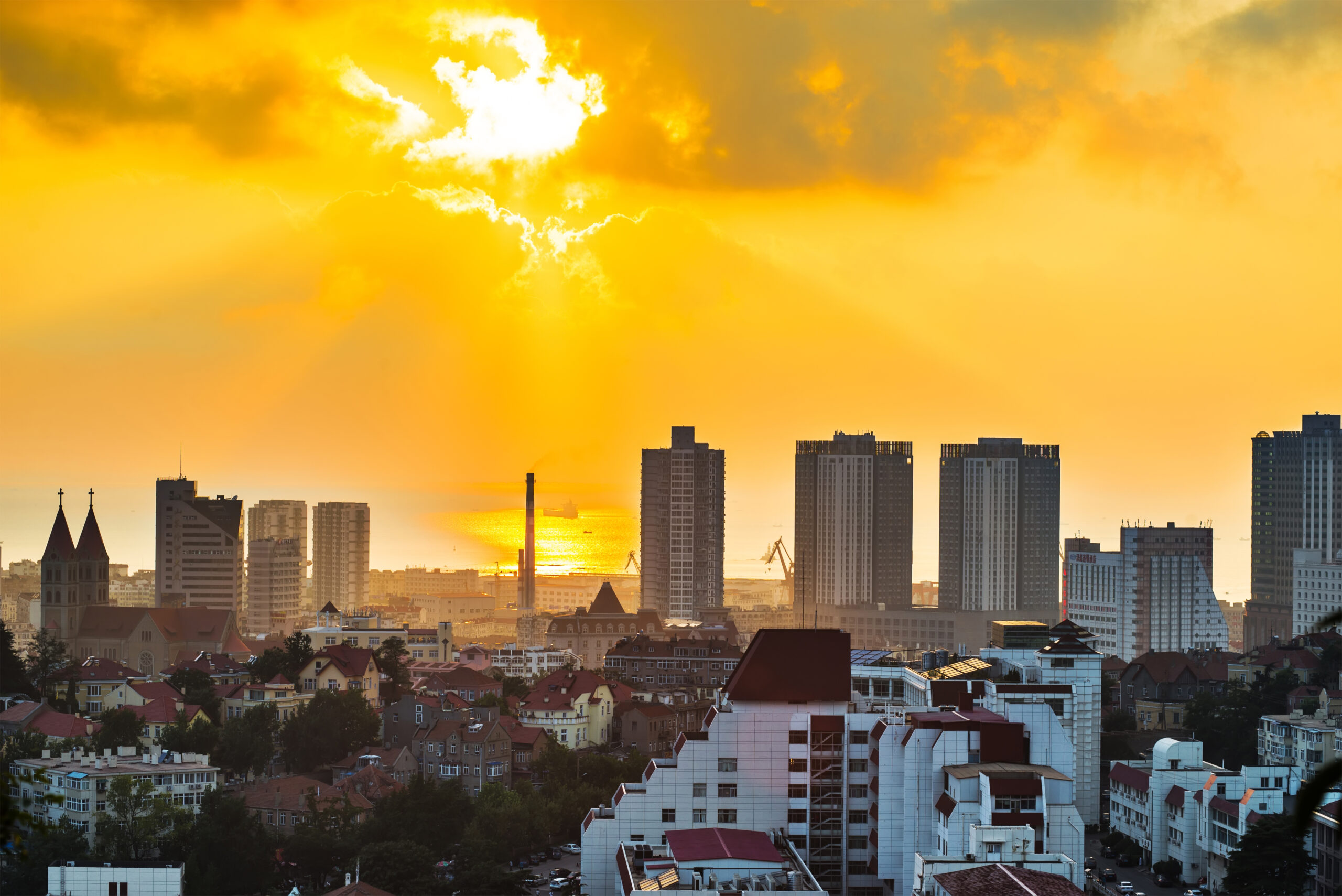 An e-Visa for Angola is an online visa system that allows eligible travelers to apply for a visa to Angola without the need to visit an embassy or consulate in person. The e-Visa can be used for tourism, business, or other short-term visits.
An e-Visa for Angola is an online visa system that allows eligible travelers to apply for a visa to Angola without the need to visit an embassy or consulate in person. The e-Visa can be used for tourism, business, or other short-term visits.
Eligibility
The e-Visa for Angola is generally available for citizens of various countries, but the list may vary depending on current regulations. It is mostly available for travelers from certain African and non-African countries, though specific eligibility should be confirmed on the official Angola e-Visa portal.
Steps to Apply for an Angola e-Visa:
- Visit the Official Website: Go to the Angola Ministry of Foreign Affairs e-Visa portal or a trusted visa service provider’s website.
- Create an Account: Register for an account using your email address and personal information.
- Fill Out the Application: Complete the online application form with required personal details, including passport information, travel dates, and reason for travel.
- Upload Documents: Scanned copies of the following documents must be uploaded:
passport (valid for a minimum of six months after the planned arrival date)
A recent passport-sized photo
Itinerary or reservation for a flight
Information on lodging or making a hotel reservationPayment: Use a credit card or any other acceptable online payment method to cover the Visa fee.
- Submit Application: After completing all sections, review your information and submit your application.
- Wait for Processing: The processing time for the e-Visa typically ranges from 2 to 10 business days, depending on the workload and the type of visa.
- Receive Your Visa: Once approved, you will receive an e-Visa via email. Print a copy of the visa and carry it with you when traveling to Angola.
Additional Information:
- Typically, the e-Visa is good for brief visits, up to 30 days.
Make sure your passport is valid for at least six months after the day you intend to enter Angola.
Typically, this visa is used for travel, business, or tourism. You could require a different kind of visa if you intend to remain longer or if you are traveling for other reasons, such as work or education.
Since visa regulations are subject to frequent changes, always verify the most recent information about eligibility and criteria.
CLICK HERE TO APPLY

The privacy policy for the Angola e-Visa system would typically outline how the government or the relevant authorities collect, process, store, and protect the personal data of applicants. While I don’t have access to the specific policy details for Angola’s e-Visa system, I can provide an overview of what a typical privacy policy for an e-Visa system might include:
Key Aspects of a Typical e-Visa Privacy Policy:
- Data Collection:
- The personal data collected might include your full name, date of birth, nationality, passport information, travel dates, contact details, and other relevant information to process your visa application.
- Additional documents such as your passport copy, photographs, flight itinerary, and accommodation details may also be collected.
- Purpose of Data Collection:
- The collected data is primarily used for processing the visa application, verifying identity, and ensuring eligibility for entry into Angola.
- Data may also be used for security checks, immigration purposes, and maintaining records as required by law.
- Data Sharing:
- The data you provide might be shared with government authorities and agencies within Angola, such as immigration, border control, or law enforcement agencies, for the purpose of processing and granting the visa.
- The privacy policy may clarify if and how data is shared with third-party service providers (e.g., payment processors, IT service providers) who assist in managing the e-Visa system.
- Data Storage:
- Personal information is generally stored securely in a database. The system should mention the storage duration of your data, which is typically for a limited period required by the visa application process and legal requirements.
- The policy should detail how data is encrypted or secured to prevent unauthorized access.
- Data Protection:
- The policy should mention measures taken to protect your personal data from unauthorized access, misuse, or loss.
- The system may use encryption, secure payment gateways, and other technology to protect your information.
- User Rights:
- As a data subject, you may have certain rights related to your data, such as the right to access, correct, or request deletion of your personal information. The policy should outline how to exercise these rights.
- You may also have the right to withdraw your consent for processing data, though this might affect your visa application.
- Cookies and Tracking Technologies:
- The privacy policy may mention the use of cookies and other tracking technologies on the e-Visa application website to enhance user experience or track user activity.
- Changes to the Privacy Policy:
- The policy would also typically include a statement about how changes to the privacy policy will be communicated, usually through updates on the official e-Visa website.
- Contact Information:
- If you have concerns or questions about how your data is being handled, the policy will provide contact information for the relevant authorities.

